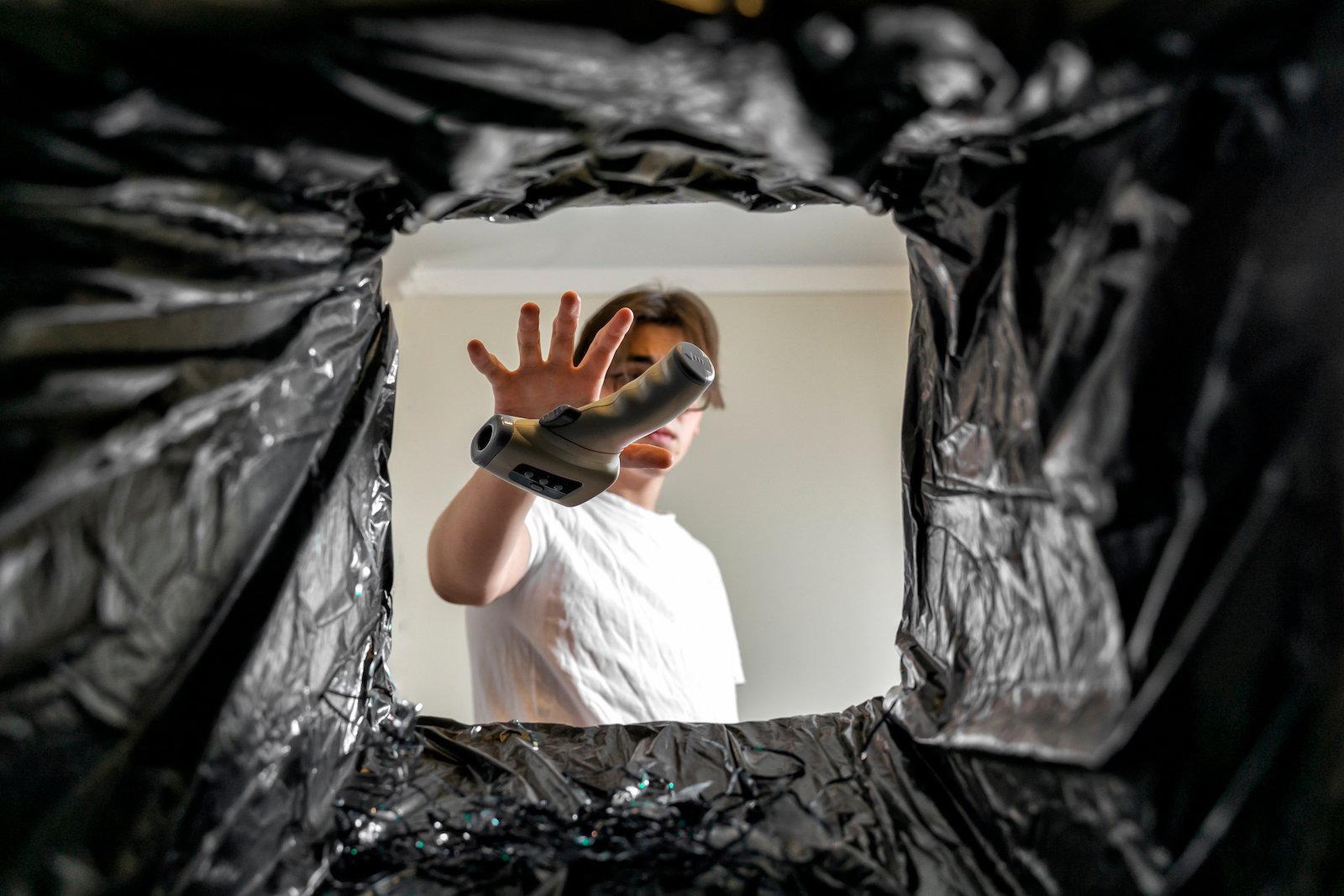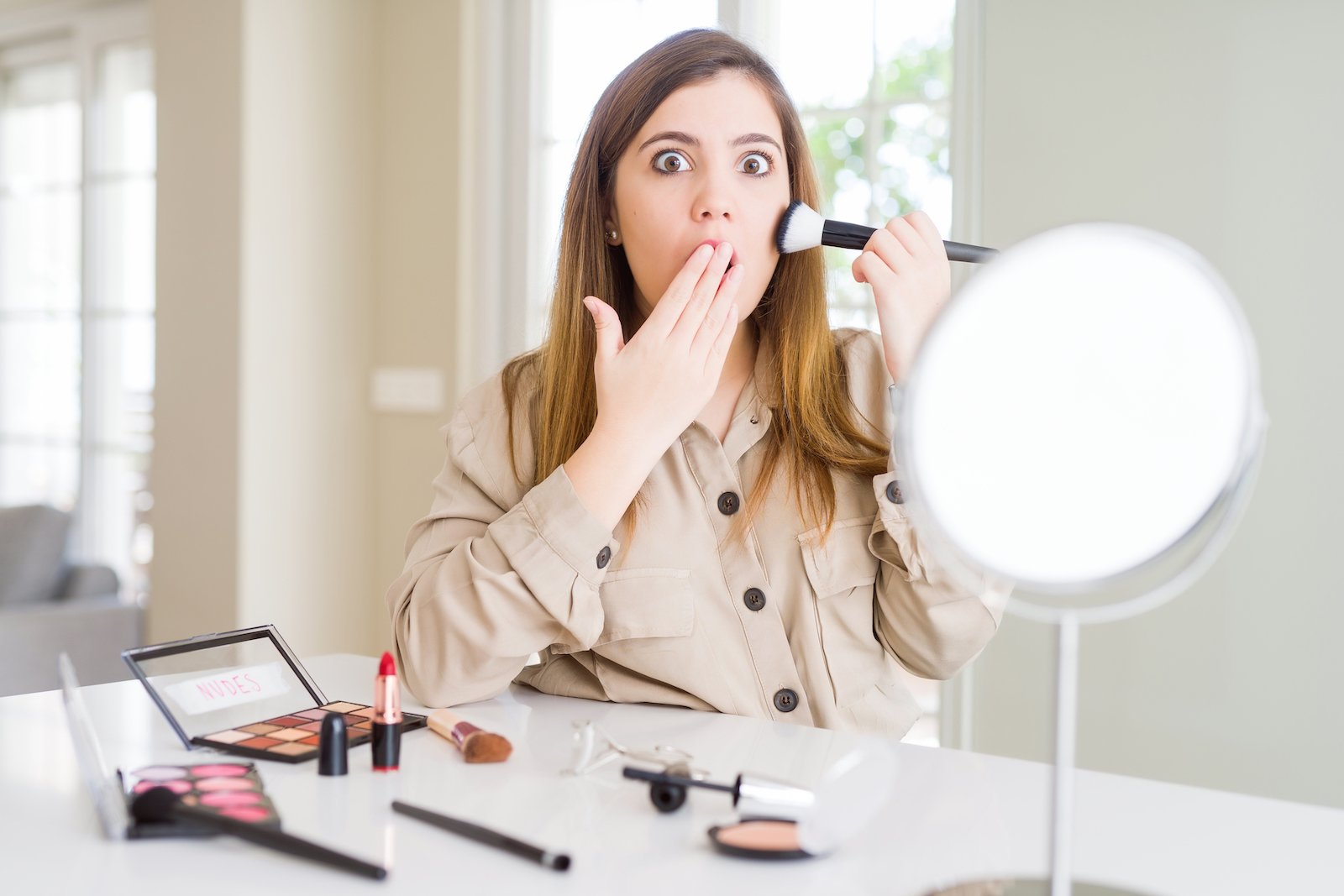If you have ever wondered whether you are harboring secret outlaws in your home, it is primarily the mundane everyday items that seem plain and unsuspicious at first glance that turn out to be on the wrong side of the law. From dazzling light bulbs to forbidden fireworks, your cozy space might be housing items that could get you into trouble. We have researched various online articles to curate a list of 12 illegal household items you might be keeping.
Incandescent Light Bulbs

As of April 2022, the Department of Energy under President Biden has officially banned any light bulb emitting less than 45 lumens per watt. Lumen denotes the intensity of light emitted by a source. This puts traditional incandescent bulbs that emit only 15 lumens per watt into the banned category. They have been phased out in favor of energy-efficient alternatives like LED (70-100 lumens per watt).
Old Shower Heads

The Energy Policy Act (EPAct) of 1992 was revised by the Biden Administration to redefine showerheads in a more environmentally friendly way. The law states that the total flow rate of shower head(s) in a household should not exceed 2.5 gallons per minute (gpm). High-flow shower heads that exceed this limit are, therefore, illegal to install.
Hazardous Paints

The Environment Protection Agency (EPA) banned the mischievous methylene chloride in 2016, a commonly used chemical used as a paint stripper in commercial brands, owing to its toxic nature. Prolonged exposure to methylene chloride gives an unwanted invitation to chaos within the body, potentially causing damage to the nervous system and triggering a myriad of cancer types.
Kinder Eggs

A popular Easter treat, Kinder Eggs are chocolate treats that contain a small toy. However, due to safety concerns, these popular chocolate treats have been banned from sale in the US since 1938. The ban has less to do with the chocolate’s composition. Still, it focuses on the small toys that come with it, raising concerns over potential choking hazards when exposed to a kid. Thus, despite their popularity, the safety concerns end up outweighing the novelty of the confectionery.
Mercury Thermostat

Old thermostats that use mercury have been banned due to the hazardous nature of the chemical. In 2013, the Mercury Thermostat Collection Act required the removal of all Mercury Thermostats in New York. It is even prohibited to send devices containing metallic mercury in the mail. If you are caught sending such mails, you’ll be fined a civil penalty ranging between $250 and $100,000 per violation.
Chemical Pesticides

Illegal pesticides are unknowingly harbored in numerous households, which can be highly hazardous to health. Pesticides like mothballs and foreign-labeled flea and tick treatments for pets are among the most commonly encountered ones. An easy way to avoid this is to always check for an EPA registration before buying any such product.
Raw Milk

The sale and possession of raw milk has been declared illegal in several states owing to health concerns over bacteria such as E. coli and Salmonella. While the federal government has banned the possession of raw milk completely, states continue their debate over the regulations on the same. The aim is to protect public health by preventing foodborne illnesses associated with unpasteurized dairy products, as raw milk is likely to contain a variety of pathogens, including Campylobacter, Listeria, and Brucella, which can harm vulnerable populations like pregnant women and people with a weak immune system.
Cuban Cigarettes

Although recent laws have allowed some relaxation on possessing Cuban Cigars, they remain illegal under certain circumstances, especially if imported, due to the ongoing trade embargoes. While the regulations were eased during the Obama administration, the Trump administration reinstated them in 2020, making bringing Cuban cigars into the country illegal, even for personal use.
Animal-Tested Cosmetics

As of March 2024, 12 states in the US have banned the sale of cosmetics that have been tested on animals. The sale and possession of such products are henceforth banned, reinforcing the idea that no animal shall have to suffer in the name of science and beauty care. Washington’s ban stands hand-in-hand with the laws in California, New York, and other states and strengthens the federal Humane Cosmetics Act. Depending on your location, possessing such cosmetics could get you into serious legal trouble.
Fireworks

Although a staple of celebrations, fireworks are illegal to possess if you lack a permit. Numerous consumer fireworks fail to meet safety standards, for which, if found, you can even be jailed. While the law varies from state to state, it is still illegal to possess and use fireworks in most US cities, and failing to abide by the law could land severe penalties, like a fine of up to $1000.
Pet Products

Using pet products and treatments without FDA approval is legally banned. Pet medications and supplements that haven’t been evaluated for safety and efficacy could cause harm to your beloved fur babies while inviting legal troubles for you. Consulting a registered veterinary practitioner before buying any pet product is a good practice to avoid the risk of harm.
Ivory Items

One of the most heavily regulated products in the US is ivory. This includes any kind of ivory products, including antiques, possession of which is strictly illegal. This is done to reduce poaching and promote awareness of conservation. Even mere possession of these items would amount to a violation of these regulations and can lead to severe legal consequences. Individuals possessing or selling ivory items can be imprisoned for up to 1 year, along with a fine of $100,000. At the same time, corporations can be jailed for up to 5 years, along with a $200,000 fine.


